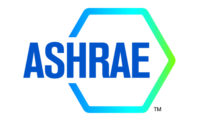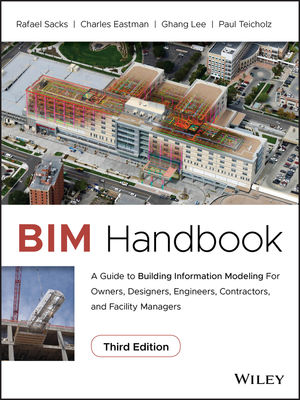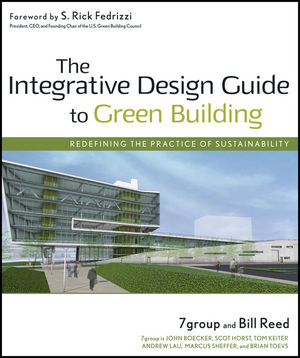ASHRAE is seeking papers for a conference focused on the latest research and development in the field of building design and system technologies.
Organized by American University of Beirut, ASHRAE, the ASHRAE Lebanese Chapter, and the Munib R. and Angela Masri Institute for Energy and Natural Resources, the 2nd International Conference on Efficient Building Design — Materials and HVAC Equipment Technologies takes place September 22–23, 2016, in Beirut, Lebanon.
A call for abstracts (400 words in length) opens June 15, 2015. Abstracts are due September 15, 2015. If accepted, papers are due February 15, 2016. Authors of accepted papers are responsible for travel and registration. Hotel accommodations are free for authors presenting papers. Submittal information can be found at www.ashrae.org/Beirut2016.
The objective of the conference is to present advanced research on the topics of better building design, adapted to the Arab region, given the hot humid climate (Gulf), and the moderate humid Mediterranean climate, according to Nesreen Ghaddar, conference chair.
“This conference will serve as a platform for presenting advanced research in these topics with the intent to highlight emerging new HVAC technologies with renewables integration, optimal ventilation and indoor air quality, and adapting alternative refrigerants to warmer climates,” she said. “Specifically, direction is sought on which HVAC technologies best utilize solar PV power, what techniques to use for separate sensible and latent heat management, and how to develop hybrid systems that combine mechanical and mixed ventilation methods.”
Topics include but are not limited to the following.
• Sustainable building designs
• Energy efficiency standards
• Building materials
• Indoor air quality systems
• HVAC and different technologies
• Solar heating and cooling for the built environment
• Energy efficient hybrids
• Systems for cooling and water production for hot humid climates
The papers will undergo a peer-review conducted by ASHRAE and overseen by the scientific committee.






